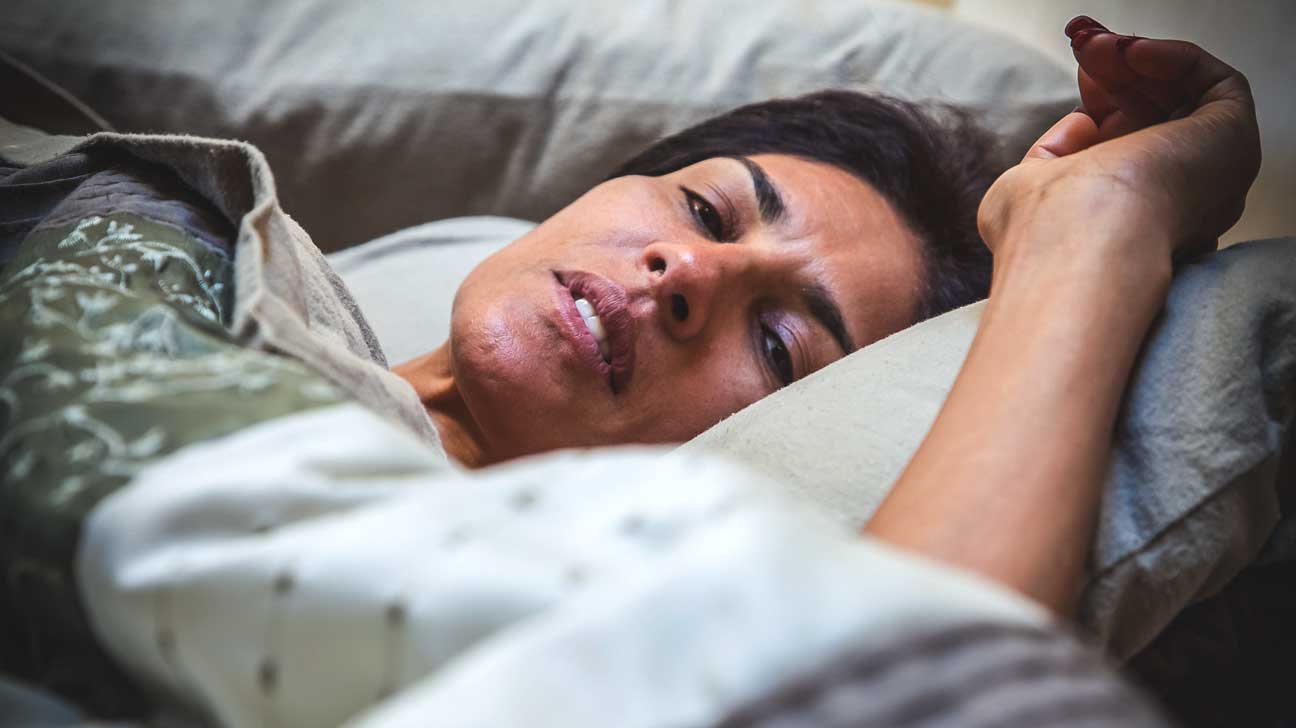Only a few nights of bad sleep can affect your mental health
Sleep is a naturally recurring state of mind and body, characterized by altered consciousness, relatively inhibited sensory activity, inhibition of nearly all voluntary muscles, and reduced interactions with surroundings.
8-10 hours sleeping is necessary for every healthy person. If you have lack of sleeping habit then it effects your health badly. Once viewed only as symptoms, sleep problems may actually contribute to psychiatric disorders.
The brain basis of a mutual relationship between sleep and mental health is not yet completely understood. But neuroimaging and neurochemistry studies suggest that a good night's sleep helps foster both mental and emotional resilience, while chronic sleep disruptions set the stage for negative thinking and emotional vulnerability.
Studies using different methods and populations estimate that 65% to 90% of adult patients with major depression, and about 90% of children with this disorder, experience some kind of sleep problem. Most patients with depression have insomnia, but about one in five suffer from obstructive sleep apnea.
Sleep problems also increase the risk of developing depression. A longitudinal study of about 1,000 adults ages 21 to 30 enrolled in a Michigan health maintenance organization found that, compared with normal sleepers, those who reported a history of insomnia during an interview in 1989 were four times as likely to develop major depression by the time of a second interview three years later. And two longitudinal studies in young people — one involving 300 pairs of young twins, and another including 1,014 teenagers — found that sleep problems developed before major depression did.
Sleep problems affect outcomes for patients with depression. Studies report that depressed patients who continue to experience insomnia are less likely to respond to treatment than those without sleep problems. Even patients whose mood improves with antidepressant therapy are more at risk for a relapse of depression later on. Depressed patients who experience sleep disturbances are more likely to think about suicide and die by suicide than depressed patients who are able to sleep normally.